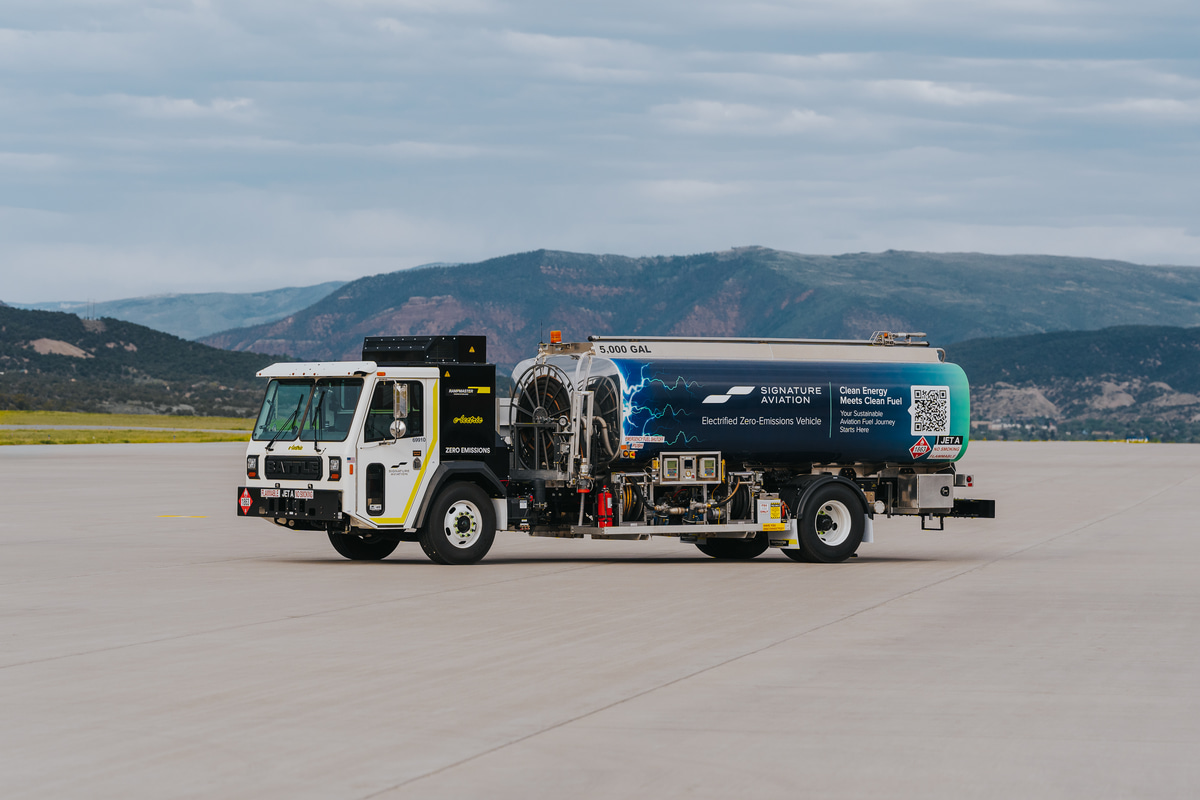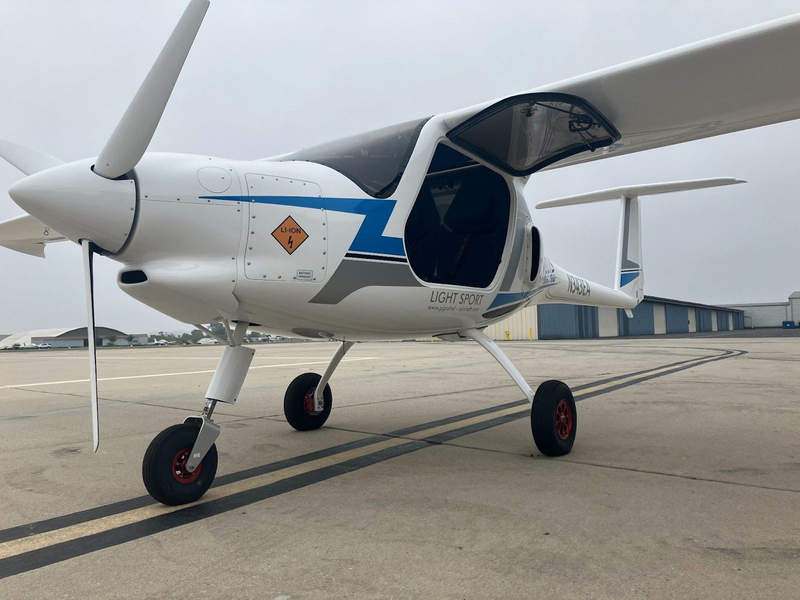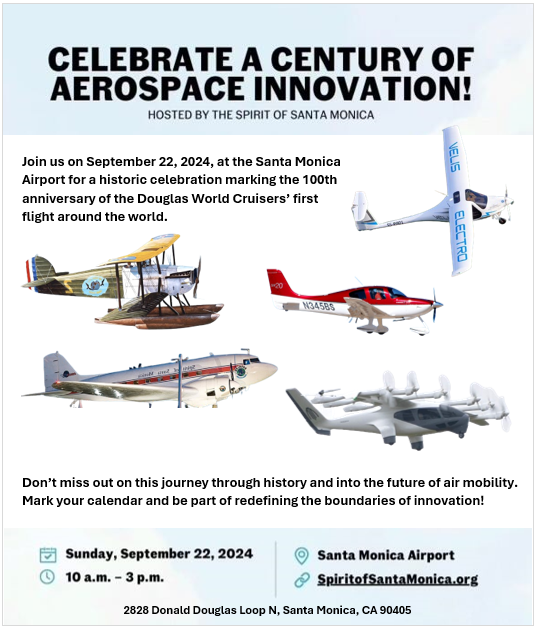
Environmental and engineering consultancy Ricardo is working with its airport partners to help them set science-based targets through the Science Based Targets Initiative (SBTi) and setting out the pathway to achieve these targets.
Science-based targets are promoted and validated by the Science-Based Targets Initiative (SBTi). Science-based targets set out a clearly defined pathway for businesses to reduce greenhouse gas (GHG) emissions, helping prevent the worst impacts of climate change and future-proof business growth.
Without action to manage GHG emissions, climate change is likely to result in disruption and damage to infrastructure and loss of essential services. This may impede economic activity and cause societal and environmental impacts. Climate change is a critical risk to aviation and momentum to addressing climate change is building.
Targets set are ‘science-based’ if they are aligned to the latest climate science and what it considers necessary to limit global warming to 1.5°C above pre-industrial levels, the most ambitious goal of the Paris Agreement. A science-based target provides a public commitment, to passengers, industry, investors, governments, and regulators, that your organisation is committed to reducing your GHG emissions and the SBTi provides a framework for measuring your decarbonisation progress.
Near-term science-based targets outline what companies will do now and over the next 5-10 years to reduce emissions in line with a net zero pathway. Long-term science-based targets convey the destination of a company’s decarbonisation journey. These targets indicate the emissions reductions needed to achieve net zero, which for most companies will be at least a 90% reduction in emissions by 2050 at the latest—presenting a significant challenge and requiring a lot of investment.
Science-based targets are promoted and validated by the Science-Based Targets Initiative (SBTi). Science-based targets set out a clearly defined pathway for businesses to reduce greenhouse gas (GHG) emissions, helping prevent the worst impacts of climate change and future-proof business growth.
Without action to manage GHG emissions, climate change is likely to result in disruption and damage to infrastructure and loss of essential services. This may impede economic activity and cause societal and environmental impacts. Climate change is a critical risk to aviation and momentum to addressing climate change is building.
Targets set are ‘science-based’ if they are aligned to the latest climate science and what it considers necessary to limit global warming to 1.5°C above pre-industrial levels, the most ambitious goal of the Paris Agreement. A science-based target provides a public commitment, to passengers, industry, investors, governments, and regulators, that your organisation is committed to reducing your GHG emissions and the SBTi provides a framework for measuring your decarbonisation progress.
Near-term science-based targets outline what companies will do now and over the next 5-10 years to reduce emissions in line with a net zero pathway. Long-term science-based targets convey the destination of a company’s decarbonisation journey. These targets indicate the emissions reductions needed to achieve net zero, which for most companies will be at least a 90% reduction in emissions by 2050 at the latest—presenting a significant challenge and requiring a lot of investment.












